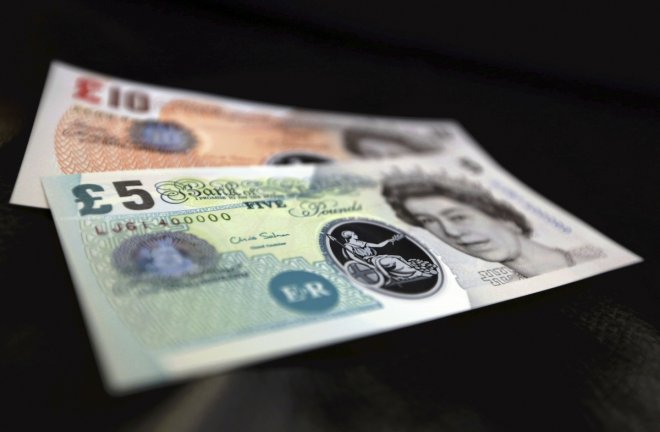
An algorithm's apparent misreading of a potentially market moving news event might have been behind the flash crash that pulled British pound to 31-year lows, experts have said.
The sterling crashed in Asian trade on Friday morning, hitting $1.1841 at one point before climbing back $1.23, which was still 1.5 percent lower than the late US levels.
The pound sterling's six percent fall to the lowest level since 1985 was the most spectacular move in the pound since the June 24 impact of the Brexit announcement.
However, Friday's tumble couldn't immediately be pegged to any specific market moving news event even as traders scrambled to find the demons in data, setting off, in turn a negative chain reaction.
The pound's violent shakedown happened at a time when other currencies remained stable. The euro was down 0.30 percent at $1.1115 and the yen fell a mere 0.15 percent to hit $103.80.
So what really happened to pound sterling on Friday morning? There are many theories floating around but few are fully convincing.
Did an algorithm wrongly interpret a news report with putative bearing on the currency, causing the inane melting down of the pound?
Angus Nicholson, market analyst with IG in Melbourne, believes so. "Possibly a keyword or newsflow-focused algorithm started the selling in the pound based on that article, and other algorithms may have seen the volume and momentum coming into the pound at what is normally a relatively low volume time," Nicholson told BBC.
This must have set in motion a chain of events, Nicholson argues. He says this must made other algorithms to follow suit, setting off a "compounded the selling creating a feedback loop that resulted in a flash crash."
'There must be a threat'
The news in question is probably the Financial Times article that talks about French President Francois Hollande's insistence on "tough Brexit negotiations".
In the story FT says Hollande warned that the UK should suffer the consequences of leaving the EU.
"There must be a threat, there must be a risk, there must be a price. Otherwise we will be in a negotiation that cannot end well," Hollande said.
Meanwhile, CNBC quoted a trading expert who floated the theory that either a fat finger or a trader mistake might have caused the pound tumble.
"First, it was a fat finger or a trade entered mistakenly. The second possibility, which sounds more reasonable, is that there is a large barrier option that traded and that caused the selloff in light liquidity," said John Gorman, head of non-yen rates trading at Nomura Securities.








